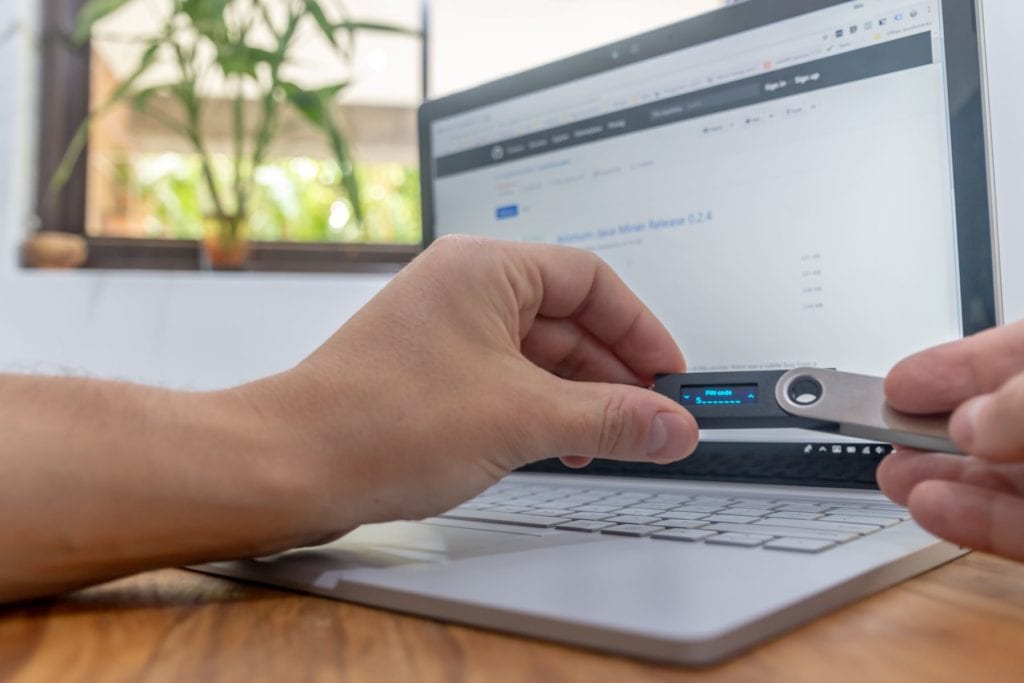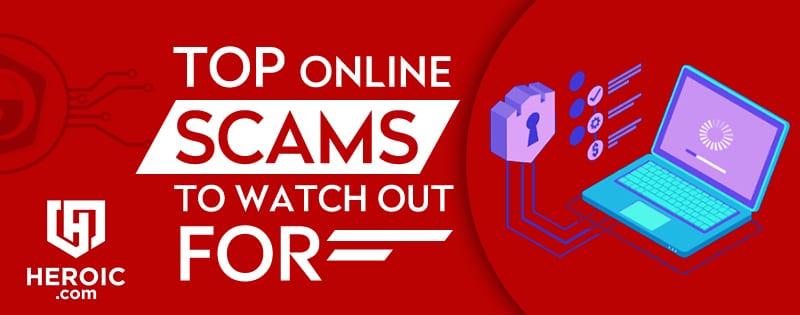9 Tips for Avoiding Cyber Attacks this New Year
The holiday season is the busiest time for online retailers and their customers. In 2013, Americans spent over $263 billion shopping online. In 2016, that amount is expected to balloon over $320 billion. Without a doubt, Americans are shopping less at physical locations and more online, making them more vulnerable than ever to hacks, cyber attacks and malicious threats.
As shoppers browse the web for the perfect holiday gift, cyber criminals and hackers are shopping for them through email scams, false advertising and deceptive pop-ups in an attempt to steal sensitive information – including passwords and credit card numbers – from vulnerable online shoppers.
To help shoppers make sure they’re secure as possible this holiday season, we’ve made a list of nine tips that every online shopper should pay attention to. Avoid becoming a victim, and follow these tips:
1. Stay Current With Device & Software Updates
Create the habit of frequently updating your browser and plug-ins. It is critical to always keep up to date, especially with mobile apps. Hackers are constantly working on security flaws that will allow them access to your information. Up-to-date software corrects those flaws and helps keep hackers out.
2. Be Cautious When Clicking Links
During the holidays and large sales, be extra cautious when clicking on links posted on social networks and blogs. Shortened URLs make it easier to share, tweet, or e-mail links to friends but they also pose a security threat because the destination URL is visibly hidden.
3. Don’t Be Fooled By Fake Email Offers
Be wary of unsolicited emails offering the suspect FREE or discounted prices on the season’s hottest gadgets. If an offer requires that you provide your bank account, credit card or social security number, delete the offer immediately. These “too good to be true” offers often are just that and only lead to cyber fraud.

4. Type Destination URLs In Your Address Bar
When shopping with online, type the retailer’s URL address into your browser. Avoid links provided by email offers and pop-up ads. These links are often phishing attempts or sites designed to infect your computer even though they may look exactly like the legitimate retail site. Typing the direct URL will always be the safest option.
5. Look for the Security ‘S’
Once you’re on the retailer’s website, make sure the URL address in your browser bar starts with https opposed to http. The “s” will not only let you know that the website is legitimate, but will provide a layer of security for transmitting your personal information over the Internet. Unfortunately, many buyers skip this important tip and search for the store with the lowest price no matter the website. Often, the buyer lands on a phantom store that has suddenly popped up for few weeks only to disappear with credit card information and money. Try to stick to recognizable retailers.
6. Strengthen Your Passwords
Buyers should avoid using weak or auto-generated passwords for any online site. Your passwords for online shopping sites should never match passwords you use for more sensitive sites like online backup, social networks or online banking. Also, when available, turn on two-factor authentication.
%
of user-generated passwords are vulnerable to hacking
account passwords are stolen each day
%
of Americans have had their passwords exposed
7. Use Credit Instead of Debit
When making online purchases, it’s good practice to use your credit card instead of your debit card. Your debit is directly linked to your bank account, so if it gets attacked or hacked, the hacker could potentially empty your entire bank account. On the other hand, credit cards offer you a layer of protection against identity fraud, and allow you to dispute any fraudulent charges. Also, remember to frequently check your card statements, especially during the holidays.
8. Back Up Your Devices Often
Devices like laptops and phones are easy to replace, but the photos, documents and messages on them are not. Routinely backing up your devices to either a cloud storage system or external hard drive is highly recommended.
9. Don’t Use Just Any Wi-Fi
Hackers are getting smarter. Some of them will jump onto public Wi-Fi networks or create their own open hotspots for victims to connect to. The hackers then capture login credentials, passwords and credit card numbers. Use caution when connecting to and browsing on open networks. You never know who could be watching your every move.
So while you’re sharing laughs and smiles with friends and family during the holidays, remember that it’s primetime for phishing and scams. Put these tips to good use and secure yourself as much as possible. But above all, don’t click what you don’t know.
Has Your Email Account Been Hacked?
See if your email has been compromised with the most powerful scan engine.
 All information submitted is 100% Private and Secure.
All information submitted is 100% Private and Secure.




